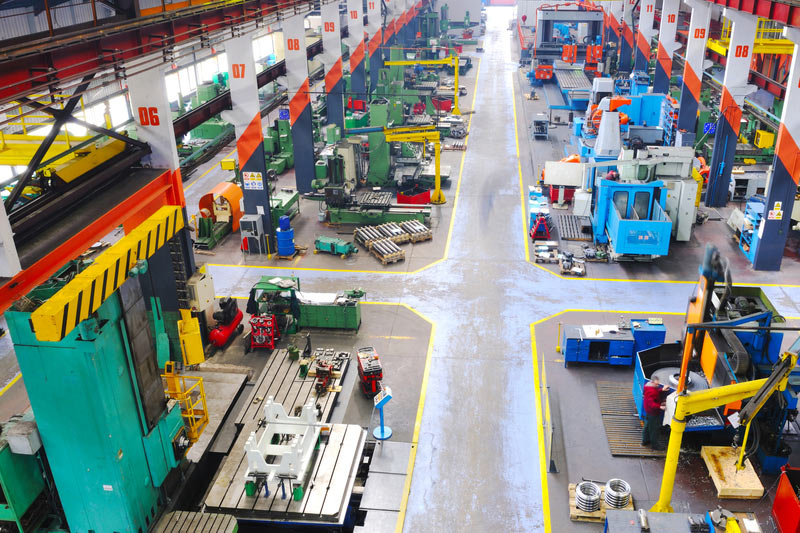By Tetsushi Kajimoto TOKYO (Reuters) - Japan's core machinery orders rose for a second straight month in July, but analysts said the data failed to dispel some doubts about the strength of business investment that is needed to propel Japan out of the slump caused by April's sales tax hike.
The 3.5 percent rise in core orders, a highly volatile data series regarded as an indicator of capital spending in the coming six to nine months, was less than the median estimate of a 4.0 percent increase in a Reuters poll of economists.
That followed a 8.8 percent rise in June and a 19.5 percent drop in May, which was the biggest drop in data going back to 2005.
The data followed a recent run of weak economic indicators that suggest a rebound expected this quarter from April's slump may not prove as strong as originally thought.
Weak readings cloud the prospects of a planned increase in the sales tax in October 2015, while keeping policymakers under pressure to provide fresh stimulus to prop up the economy.
"Some companies are still cautious about demand. I expect the second sales tax hike to happen, but keep an eye out for more stimulus from the government," said Hiroaki Muto, senior economist at Sumitomo Mitsui Asset Management Co.
The core orders were boosted by one big order from a chemicals producer, a government official said, adding that excluding the one-off factor overall growth in July was moderate.
The Cabinet Office data showed orders from manufacturers for new machinery rose 20.3 percent in July - thanks to the big order from a chemicals producer - while those from non-manufacturers fell 4.3 percent.
"The rebound was weak. Manufacturers may be turning cautious about capital spending due to sluggish exports and consumption, and the decline in orders from nonmanufacturers likely reflect weak domestic demand," said Koya Miyamae, senior economist at SMBC Nikko Securities.
The Cabinet Office stuck to its assessment of machinery orders, saying they are "seesawing".
Capital spending holds the key to the success of Prime Minister Shinzo Abe's reflationary policies dubbed Abenomics, which policymakers are counting on to generate a virtuous cycle of growing business output, household income and spending.
Companies held off spending in April-June after boosting investment earlier this year on factors such as upgrading of Windows operating systems. As the temporary factors run their course, analysts expect capital spending will resume picking up due to steady corporate earnings, a well as the need to upgrade aging equipment and manage a labor shortage.
Compared with a year earlier, core orders, which exclude ships and power utilities, rose 1.1 percent in July, versus the expected 0.6 percent rise, the Cabinet Office data showed.
Revised data showed on Monday that Japan's economy shrank an annualized 7.1 percent in April-June as capital spending slid and private consumption took a hit from the sales tax hike. Analysts in a Reuters poll forecast a 3.8 percent bounce this quarter.
The strength of an expected rebound in the current quarter will be crucial to Abe's decision, expected by year-end, on whether to proceed with the scheduled second increase in the sales tax to 10 percent in October 2015.
(Additional reporting by Stanley White; Editing by Eric Meijer)
